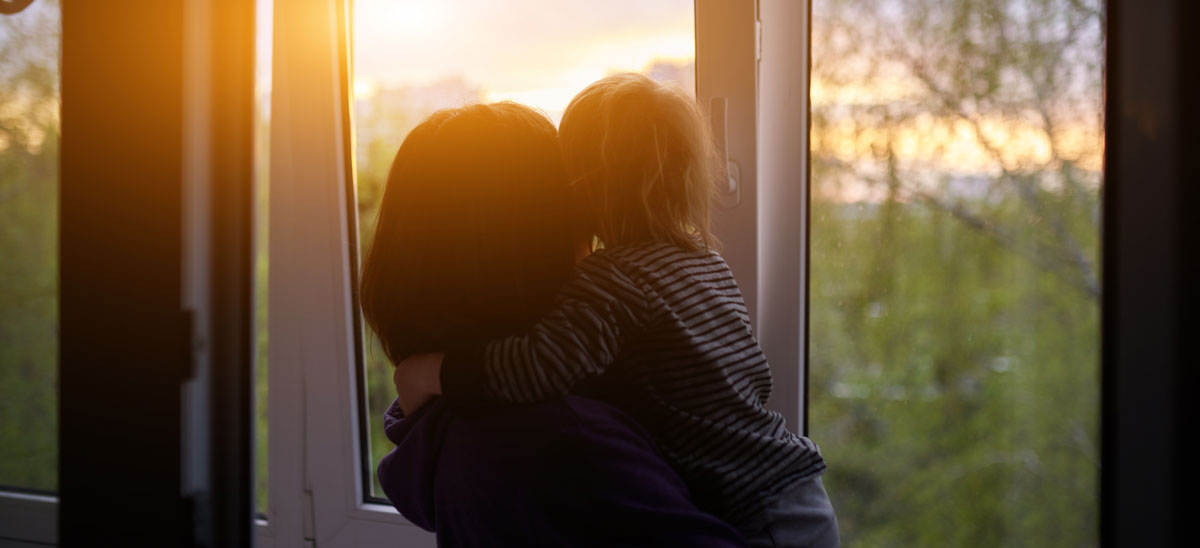COVID-19 may change the way you experience family and domestic violence. We know that during periods of high stress, family and domestic violence can worsen. This may be due to a loss of income or employment, or extended periods of contact during isolation. These factors can make the abuse more frequent and severe.
COVID-19 can also be used as an abuse tactic itself, including in the following ways:
- Using COVID-19 as an excuse to reconcile e.g. wanting to help with home schooling children
- Using the stress caused by COVID-19 to justify abusive behaviour
- Withholding items such as hand sanitiser, masks, or medicine
- Misinforming you about the pandemic to scare you
- Using the pandemic as an excuse to increase control over finances, your movements, and/ or your communication
- Preventing you or your children from seeking medical care
- Threatening to lock you out of the house so you may be exposed to COVID-19
Living in regional, rural and remote areas may mean that you are unable to easily access medical services or information about COVID-19. However, despite the extreme circumstances, COVID-19 is never an excuse for violence and does not justify any type of abuse.
What you can do to stay safe during COVID-19
Staying safe in the relationship in your home
If there is a threat of a violent incident, or actual violence, do your best to get to a safe place or, if possible, leave the situation:
- Find an area of the house to go to with at least two exits and which contains nothing that can be used as a weapon e.g. you should avoid kitchens or sheds.
- Know what are the points of escape within your house.
- Decide on a safe space for your children to go to, if the person using violence becomes violent.
- Pack an Escape Bag.
- Teach your children how to call the police on 000, and provide the operator with your address.
- Keep your mobile phone charged and with you along with the numbers of your local crisis support service, and 24 hours crisis support numbers (Women’s Domestic Violence Helpline 1800 007 339 or Men’s Domestic Violence Helpline 1800 000 599).
- Call the police on 000 when it is safe to do so, in order to report the incident.
- Plan other ways to keep safe if the police are not able to respond immediately, or if you live far out of town.
- Find out how to apply for a restraining order.
Keeping your children safe
- Teach your children to not get involved with any conflict, and decide on a code to signal to them when they should leave.
- Decide on a safe space for your children to go to if the person using violence becomes violent.
- Schools (if they are open) may be a safer space for them to be during the day than home.
- Discuss with your children how to manage being at home together.
- Create a safety plan for your children, particularly if the person using violence may resort to targeting them.
- Teach your children how to call the police on 000, and provide the operator with your address.
How can we help you during COVID-19?
- To speak confidentially with an experienced counsellor you can find help locally with our online directory, of local domestic violence support services.
- Use our website to find information and resources on domestic violence.
- Use our safety planning tips and escape bag checklist to plan your safety.
- Visit our online directory of local, state and national domestic violence support services to get help with:
- Emergency and short-term accommodation.
- Crisis support and counselling.
- Information on terminating your lease or making your house safe if you are renting.
- Getting everyday necessities.
- Mental health and drug and alcohol support.
- Obtaining legal advice.
- Finding medical services.
- Information on obtaining a Domestic Violence Restraining Order (DVRO).




